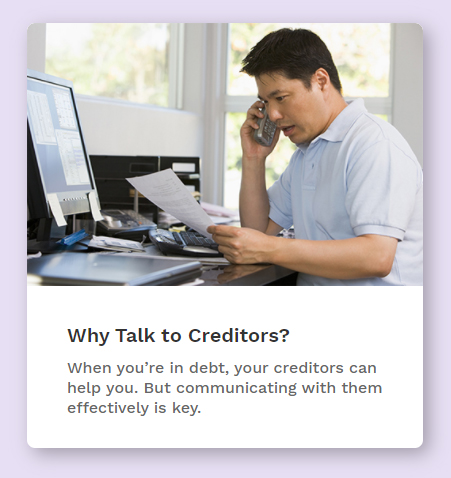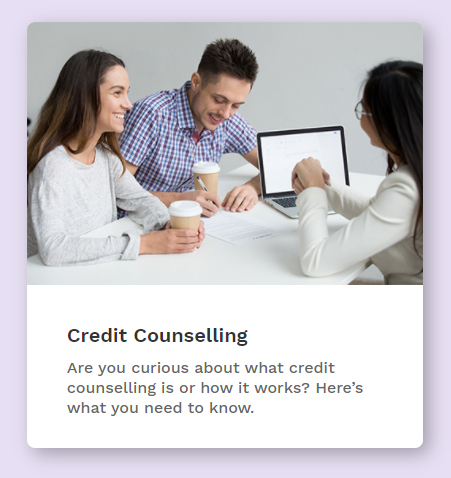How to Keep Your Resolution to Shed Your Debt Weight & Get Out of Debt
Q: My resolution to pay off my credit cards in 2011 only lasted until March when my car died and I had to use a credit card to cover the repair costs. It seems that there’s always something that stops me from getting ahead. What can I do to start the New Year off right?
A: A plan to tackle your credit card debt is a great new year’s resolution as long as it’s realistic.
Be Realistic – Shedding Debt is Like Losing Weight
A successful plan to shed your debt weight has a lot of similarities to a plan to get rid of the extra pounds accumulated over the years. Both require discipline, a check up to determine where you’re at before you get started and a reasonable time line to achieve your goal.
Identify What You Can Change – Track Your Spending
Start by determining what you’re currently spending. For at least 1 month, jot down everything you spend money on. You will also need to identify what you typically spend on seasonal and annual expenses. Before you can make any changes, you need to identify what you can change.
Ways to Get Out of Debt
After you’ve identified your spending habits, ask yourself the following questions:
- Where can I trim expenses?
- Should I suspend regular investment contributions while I’m paying down debt?
- If I consolidate my debt with a new loan, would the interest rate be lower?
- Can I increase my income at all?
- Do I need assistance to consider my options objectively and develop a workable plan?
Now create a realistic monthly spending plan where your expenses don’t exceed your income. If possible, your plan needs to account for debt payments that are higher than any minimums you might be paying now.
You Can’t Keep the Debt Weight Off & Get Out of Debt Without Savings
Include monthly savings to manage seasonal, annual and unexpected expenses in your plan. While it may seem odd to save money while you’re trying to pay down debt, you need savings to pay for what you used to charge on your cards. The savings will let you put your credit cards away and use cash or debit to pay for these expenses. This will help you stay within your budget and pay the debt off.
With a clear picture of how much you can set aside each month to reduce your credit card debt, you can determine how long it will take to become debt free. Extra money that you receive like tax refunds can help you get out of debt sooner.
Monitor your results to help you stay on track. Before you know it you’ll start losing the weight, one card at a time.






0 Comments